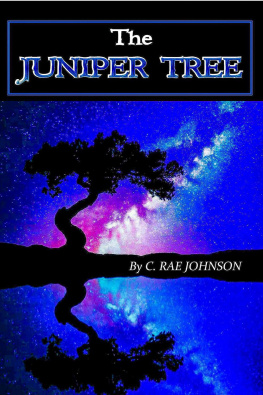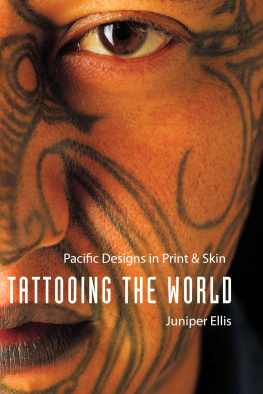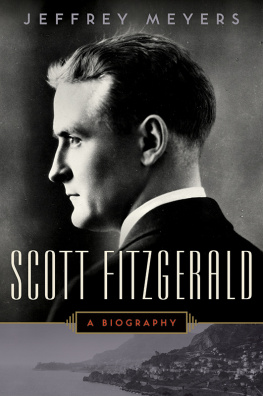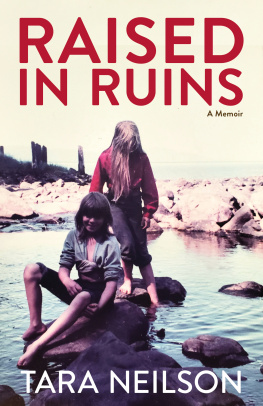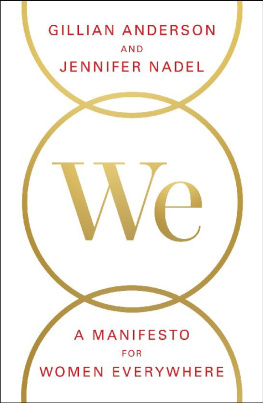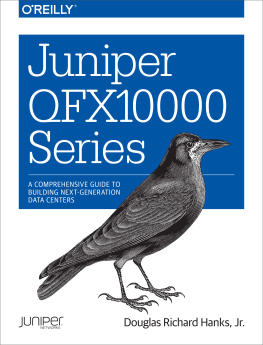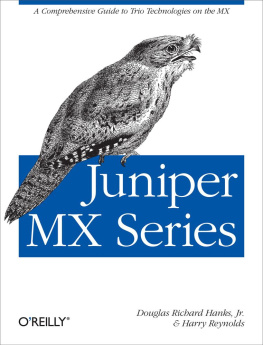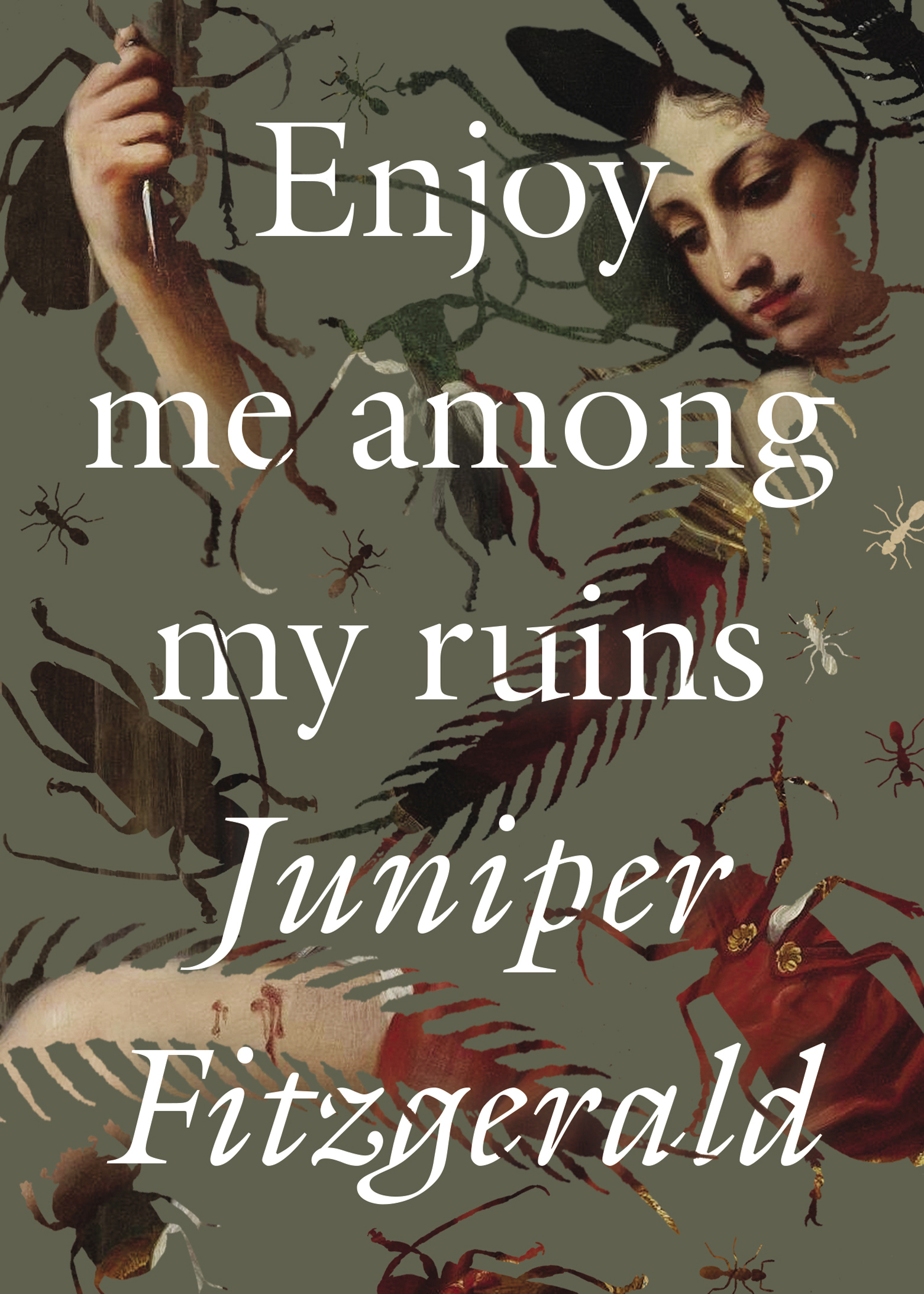Contents
Guide
Pagebreaks of the Print Version
PRAISE FOR ENJOY ME AMONG MY RUINS
Trust Juniper Fitzgerald to lead you through desert nights, early 2000s punk clubs, VIP rooms, childhood homes and further, into a motley of emotion and memory. Fitzgerald knows complexityand so she employs a mixture of the epistolary form, braided lyrical essay, allusion, stream-of-consciousness, and narrative storytelling. Enjoy Me among My Ruins revels in both experiential wisdom and craft.
AMBER DAWN, author ofHow Poetry Saved My Life:A Hustlers Memoir
Enjoy Me among My Ruins is a lavish masterpiece that pulses with savage and conceptual moments strung together by desire, motherhood, sex work, an array of strip-club creatures, and Fitzgeralds childhood obsession with Dr. Scully from The X-Files. Delightful and searing.
ANTONIA CRANE, author ofSpent: A Memoir
Haunting and powerful, Enjoy Me among My Ruins traverses the American West and Midwest, conjuring the women and queers who have been forces in Fitzgeralds life, and asking them to come along on her journey to destroy the contradictions of heteropatriarchy and dance upon its grave.
CHRIS BELCHER, author ofPretty Baby: A Memoir
Juniper Fitzgerald captures so much of the feeling of the maternal erotic (re)productive body involved in the performance of sexual labor that is strangely (and erroneously) imagined to be divorced from mothering. A phenomenal, marvelous read.
@thotscholar
Enjoy Me among My Ruins is ALL gorgeous, none of it reductive, on every page a phantasmagoric dreamscape, an herbal of nightmare plants, and a sharp-witted retort to those who would not suffer witches like us to live.
CATY SIMON, coeditor ofTits and Sass
Juniper Fitzgeralds story is atypical and anti-capitalist, mixing anecdotes from literature with letters from her childhood self to Gillian Anderson. Fitzgerald stands strong despite the way the world attempts to dim her light, criticizing her as a mother and dismissing her career. Enjoy Me among My Ruins is a brutal look at the world and a powerful story of survival.
NIKITA IMAFIDON, Raven Book Store
Enjoy Me among My Ruins weaves together streams of experience, exploration, nuance, rawness, trauma, and hope so fluidly that it becomes a powerful reminder of how interconnected they truly are. It is rare that we see a story of a mother, a sex worker, an academic, a vigilant survivor, an unbothered child ethnographer so seamlessly told in one breath. This book is the unvarnished poetry that we hope to write when we go to our journals.
KATE DADAMO, partner at Reframe Health and Justice Collective
By mixing prose and poetry, theory and anecdote, Fitzgeralds style takes the reader on a wild journey through a critical analysis of the intersections of work, marginalization, and mothering.
ERIC SPRANKLE, professor of clinical psychology, Minnesota State University, Mankato
Enjoy me among my ruins
Juniper Fitzgerald

Published in 2022 by the Feminist Press
at the City University of New York
The Graduate Center
365 Fifth Avenue, Suite 5406
New York, NY 10016
feministpress.org
First Feminist Press edition 2022
Copyright 2022 by Juniper Fitzgerald
All rights reserved.

This book was made possible thanks to a grant from the New York State Council on the Arts with the support of the Governor and the New York State Legislature.
No part of this book may be reproduced, used, or stored in any information retrieval system or transmitted in any form or by any means, electronic, mechanical, photocopying, recording, or otherwise, without prior written permission from the Feminist Press at the City University of New York, except in the case of brief quotations embodied in critical articles and reviews.
First printing July 2022
Cover design by Dana Li
Text design by Drew Stevens
Library of Congress Cataloging-in-Publication Data is available for this title.
PRINTED IN THE UNITED STATES OF AMERICA
Contents
For Andi, mostly
A note: there is a dreamlike quality to exploring the past, a quality I have attempted to re-create here with a nonlinear, kaleidoscopic structure.
While writing this book, I often thought of the philosopher Ludwig Wittgenstein, who chose solitude because, for him, language was insufficient and limiting.
Alternatively, when asked about writing, Nabokov said in The Art of Literature and Commonsense, The pages are still blank, but there is a miraculous feeling of the words being there, written in invisible ink and clamoring to become visible.
Language as limitation versus language as revelation.
And still others, like Maggie Nelson, experience writing and language as a kind of destruction: Writing is a mordant it derives from mordere, to bite a corrosive, she writes in Bluets.
Language as annihilation.
Peppered throughout this book are childhood journal entriesaddressed to Gillian Andersonas well as vignettes of the women whove shaped my adult life.
Language is limiting, however. I could never entirely write the queer love and tender spaces that I hold for other women, even as I paw at the revelations that such a love and space might render in the hearts of others. In these pages I am revealed to myself, toomy love of women started with Dr. Dana Scully from The X-Files; I now reproduce and cultivate that love in my material life.
Of course, the women profiled in this book are unfairly exhibited through the subjective lens of my memories; I have annihilated them in this way, a kind of mordere.
Writing as love.
And love as bleakly corrosive.
Time passes in moments moments which, rushing past, define the path of a life just as surely as they lead towards its end. How rarely do we stop to examine that path, to see the reasons why all things happen, to consider whether the path we take in life is our own making or simply one into which we drift with eyes closed. But what if we could stop, pause to take stock of each precious moment before it passes? Might we then see the endless forks in the road that have shaped a life? And, seeing those choices, choose another path?
Dana Scully, The X-Files
Jean............................
I have tried and tried to add Jean to the story here, but every time I try to write her, I write her all wrong. I try to tell the story of her little bunnies, of living on Otoe Street next to the firehouse where she grows squash and peas. I try to tell the story of the perennially pink spaces that she occupies like a tattooed, drug-using Martha Stewart, spaces where she sews costumes that we slowly untie and take off onstage in the dank strip clubs where we work together.
I want to write about her brother, who is dying. And I want to write about how she cleaned his penis, once, when a sore exploded there, and how on account of his paralysis, he was unable to tend to it.
I want to tell the story of the man who raped her and how I punched him right in the fucking nose, then, exploding a balloon of blood and cartilage. I want to write about how he fell off his barstool and how I followed him into the alleyway with intentions of killing him.


